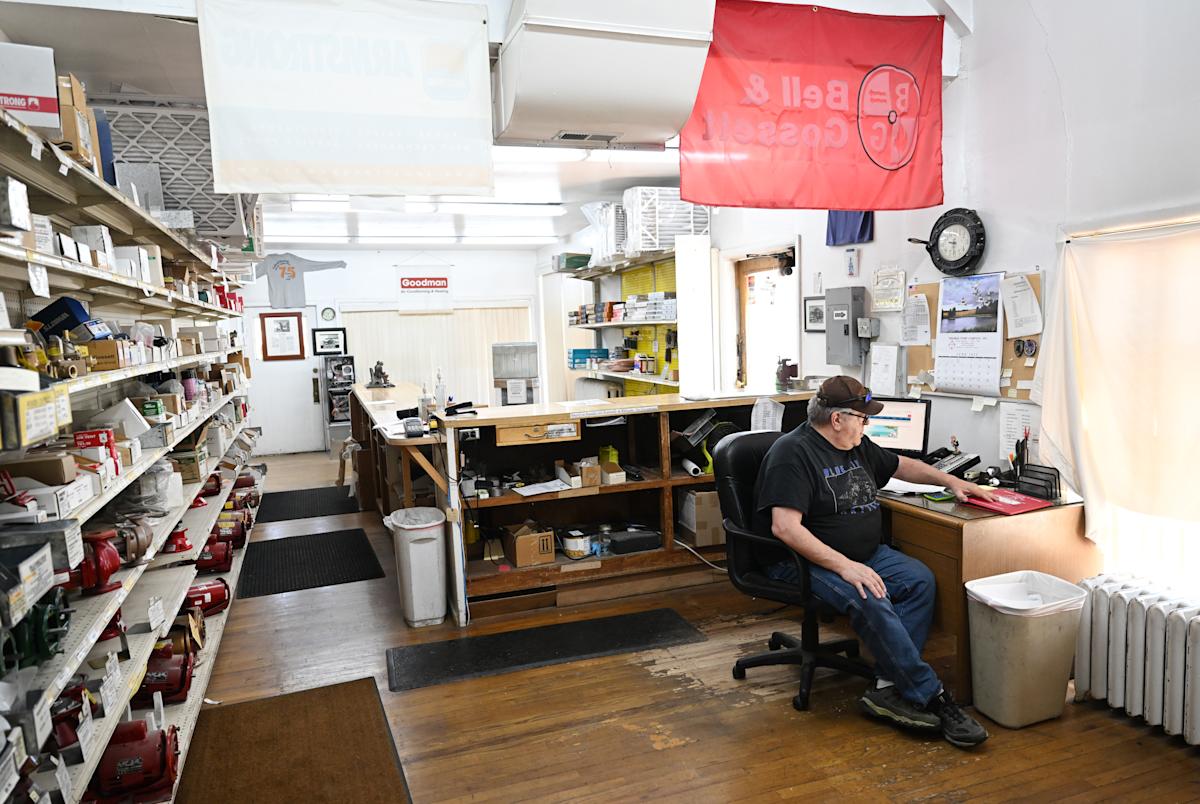Listen and subscribe to Decoding Retirement on Apple Podcasts, Spotify, or wherever you find your favorite podcasts.
Gen X business owners are “scrappy, independent folks,” but that grit comes with a risk, said Kerry Hannon, a Yahoo Finance columnist and co-author of “Retirement Bites.”
The problem: While profits plowed back into the company can boost its value, they can also concentrate wealth in a single illiquid asset.
In her book, Hannon noted that 42% of small-business owners worry they’ll never be able to retire.
“When you’re in that situation, having your own business is all-encompassing,” Hannon said on a new episode of Decoding Retirement. “You always figure, ‘I’m going to sell the business or whatever it might be, that’s going to be my retirement plan.’ This can trip a lot of people up as they approach [their] 60s.”
Read more: Retirement planning: A step-by-step guide
So, how can Gen Xers ease that worry? Hannon shared a checklist, starting with understanding the value of your company.
Business owners will want to get a professional valuation estimate and compare it with similar businesses in their region. Then ask the essential question: Will that number fund your desired lifestyle?
Expect that this stage may be an emotional experience. Valuations often land below an owner’s expectations, and that can be “heartbreaking,” Hannon said. “You’ve got to come to some hard facts” and inventory other assets that can support retirement.
Next, Gen X entrepreneurs should begin planning their exit. They need to give themselves a long enough runway to sell their business.
“You need to give yourself five years,” Hannon said. “Two years is possible, but really, if you can get to it five years ahead of time, it’s a strategic thing.”
HVAC specialist Mark Monheiser talks to a customer on the phone at Federal Heating and Air Conditioning, a family-owned company that recently shut its doors after 84 years in business. The owners cited changing times and retirement as some of the reasons they closed their doors. (Helen H. Richardson/The Denver Post) · Helen H. Richardson/MediaNews Group/The Denver Post via Getty Images via Getty Images
In that window, discuss succession with a trusted adviser and begin saving personally.
“You should be having those discussions with yourself about, can I possibly set a little aside in a retirement account for myself?” Hannon said. She added that state small-business retirement initiatives can make it easier “without it costing a lot.”
Read more: How to catch up on retirement savings
As for family transitions, consider outside help, as there are consultants who specialize in small-business succession, she said.
However, business owners shouldn’t automatically assume they can pass the firm on to family.
“A lot of family members, they don’t really want to do this,” she said. Alternatives include hiring a professional CEO while retaining an ownership stake, selling part or all of the company, or using an employee stock ownership plan (ESOP) to transition gradually.

